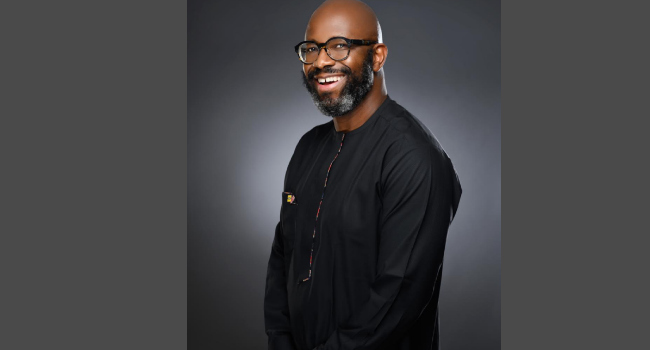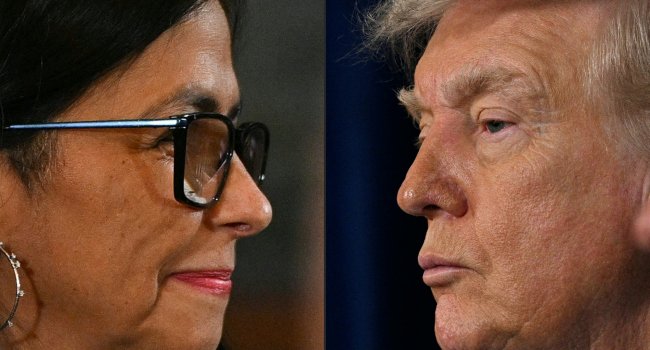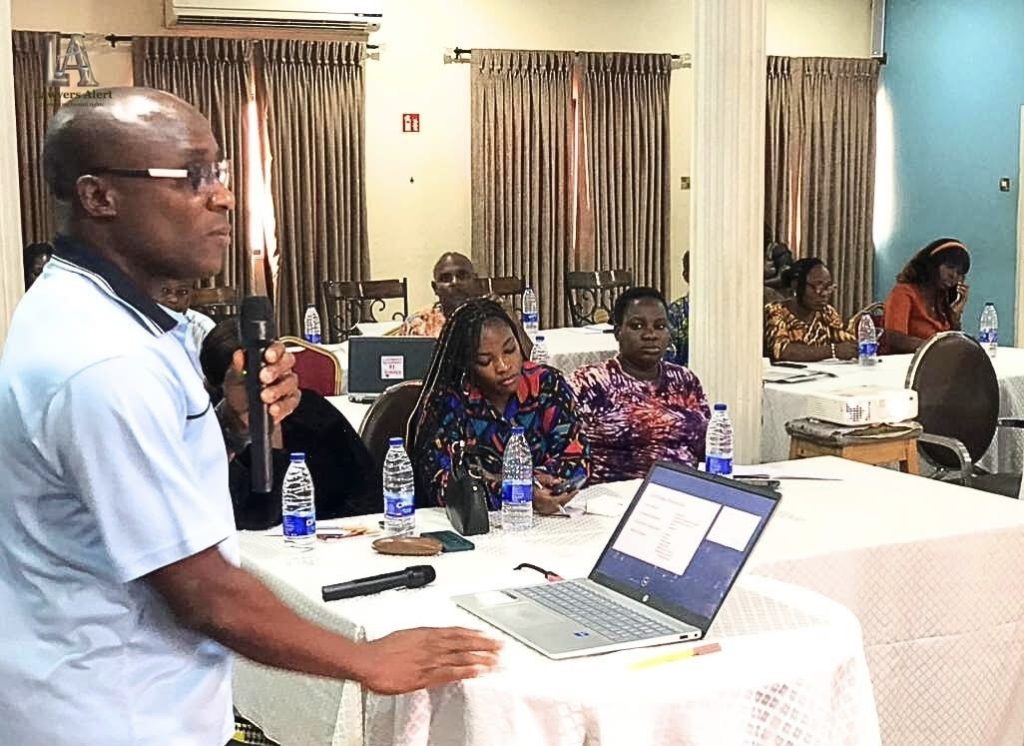The Nigerian Economic Summit Group (NESG) has delivered a stark message to the current federal government led by President Bola Ahmed Tinubu: the ambitious $1 trillion Gross Domestic Product (GDP) growth target by 2030 is simply unattainable in a country reliant on generators for electricity.
Speaking at a pre-Ramadan lecture organized by the University of Lagos Muslim Alumni (UMA), NESG Chairman Niyi Yusuf highlighted the critical issue of electricity access in Nigeria. Shockingly, he revealed that a staggering 46% of the population is unable to access electricity, a fundamental necessity for economic growth.
Yusuf emphasized that without addressing the electricity supply crisis, Nigeria’s economic growth aspirations will remain a distant dream. To achieve a $1 trillion economy, he outlined key steps that the government must take, including attracting foreign direct investments, controlling inflation, and stabilizing foreign exchange rates.
Furthermore, Yusuf called for a crackdown on fiscal leakages within crucial government agencies such as the Central Bank of Nigeria, the Nigerian National Petroleum Corporation, and the Federal Inland Revenue Service. He stressed the importance of increasing the tax-to-GDP ratio, supporting local businesses, and investing in digital infrastructure to propel economic growth.
Highlighting the importance of prudent budget allocation, Yusuf emphasized the need for capital expenditure to exceed recurrent spending and debt servicing. He warned that without this fiscal discipline, Nigeria’s progress would be stunted.
In conclusion, Yusuf reiterated the urgent need to address the electricity supply challenge, stating unequivocally, “We can’t run on a generator economy.” Only by tackling this fundamental issue and implementing comprehensive economic reforms can Nigeria hope to achieve its lofty economic goals.
By addressing these critical issues and implementing strategic reforms, Nigeria can pave the way for sustainable economic growth and prosperity for all its citizens.



